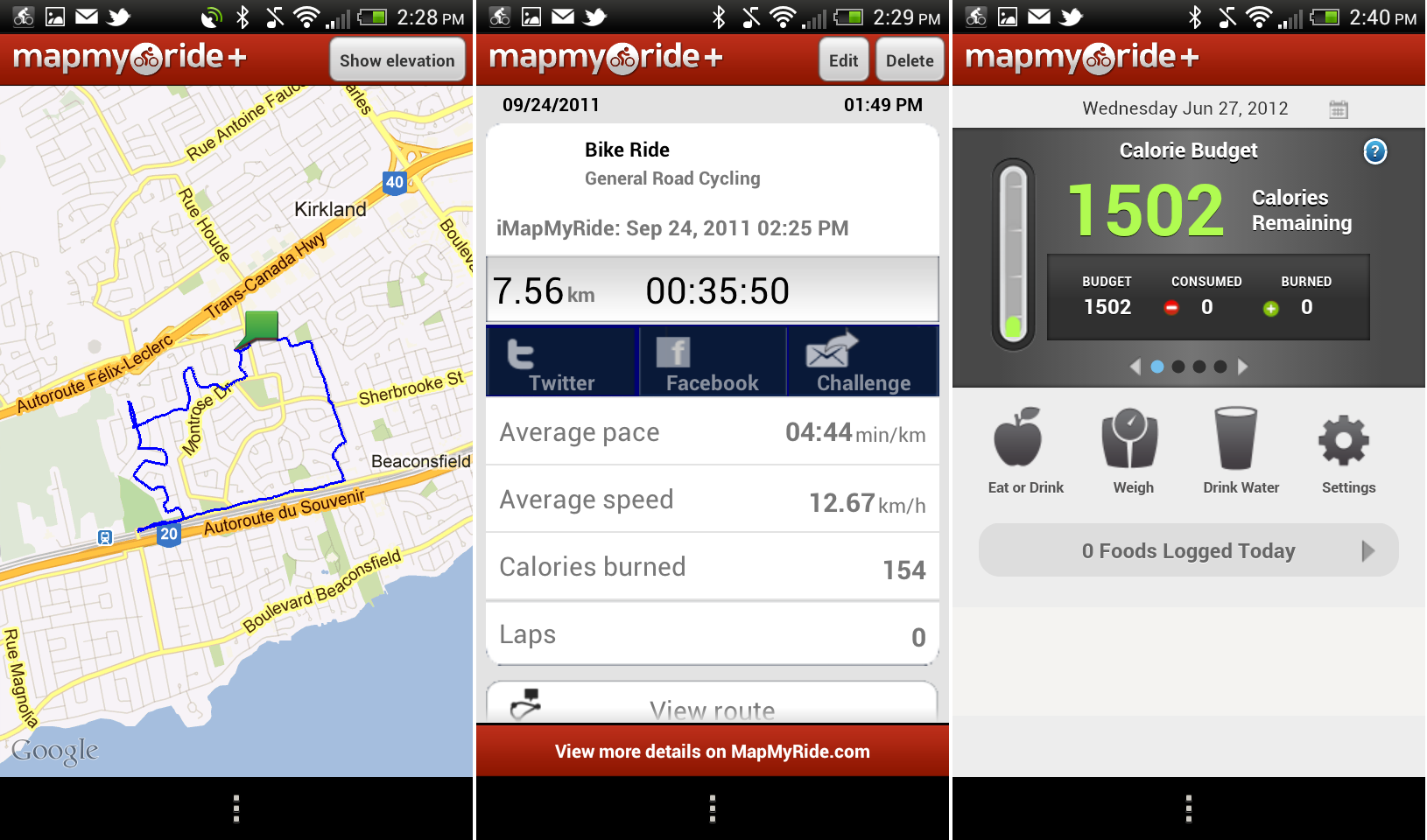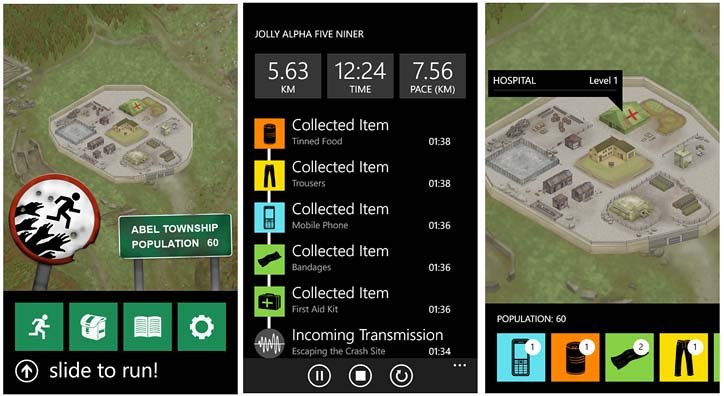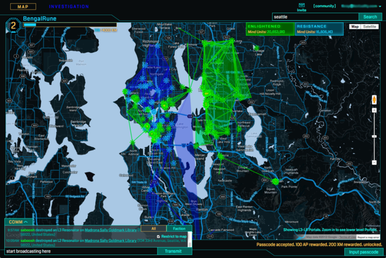These different articles and projects all relate to GhostRide in some way, as they either do some portion of the project well or served as inspiration for the idea.
Strava

Strava is the biggest player in GPS powered cycling apps. It’s biggest draw is it’s robust social community. It almost single handedly invented “segments” (the evolved version of MapMyRide’s “courses”). It has a robot data-driven element and the premium version allows you to share you location with other people in realtime. It’s also got monthly challenges that unlock specific gear for purchase so it blurs the lines between being an app and having a physical component. This app is related to the ideal for GhostRide because it does a lot of things GhostRide needs to do well, but takes itself very seriously.
MapMyRide

Another member of the “elite” cycling apps, allows for asynchronous racing, “courses” and other common cycling app things, but its a little rough around the edges. It doesn’t do the social component as well as Strava and the user experience isn’t flawless. Some of the “live” mapping features relate to Ghost Ride’s ideas, but none do it the way
RunKeeper
![]()
More a general fitness app than MapMyRide and Strava, this app’s main draw is the wide variety of tracked activities, and the ease of use. It has a social aspect and stat tracking as well. This app doesn’t really do anything better than mapMyRide or Strava but it worth mentioning as related because it is fairly popular.
Zombies, Run!

Zombies, Run! main relation to GhostRide is the fact that it really “gamifies” the exercise experience with audio cues during running and game based elements (such as goals to build up your community and get supplies with more running, and encouraging users to run faster away from “zombies). This is a big inspiration of the direction GhostRide will take, but it will be more based on other user’s data to incite “challenges”.
RiderState

This is a fairly successful “augmented reality” game for cyclists that is popular in the UK. It measures the number of miles ridden in any “region” and colors them if you’ve claimed that area. People compete to become “governors”. It’s like a version of fourSquare for cyclists and shows that community is fairly into these sort of games.
My Virtual Mission

My virtual mission is form of exercise aid that allows people to set overal goals for distance with goals like “From Portland, Maine to Portland, Oregon” and accrue miles to reach that goal. This is a good example of using GPS data to drive a game. I think its another good piece of proof that exercise app users are down for more playful ways to encourage themselves to improve.
Fill That Hole

This is only vaguely related to GhostRide but I feel like it is a worthwhile mention because it offers a very simple and popular premise for a GPA based cycling app. It allows riders to crowdsource the identification of potholes, take a picture and hopefully get that information to city officials to get the pot holes filled.
Fitocracy

This is an entire community built around “leveling” yourself up. You complete workouts and gain points to progress your “character” (and thus yourself) through various tasks assigned by the community. I think this shows that some really successful fitness communities are built around a more “gaming” and “fun” premise than apps like Strava and MapMyRide tend to make it.
Ingress

Ingress is probably the best example of a successfully “augmented reality” game, though GhostRide is not going to be taking quite this same approach, it proves how immersive this direction can be for the people in it. Backed by google, they run a “Media campaign” that supports the GPS and social based gameplay. Millions of people play it.
Route Planning For Lazy Cyclists

I’m including this because its a fairly interesting premise. By using GPS data, such as elevation, incline and other factors this app proposes to calculate the “least energy intensive” ride from one location to another. I feel like this is worth mentioning because it goes in the other direction from a lot of applications that are meant to make people work harder.
Runtastic Road Bike Tracker

This app has a lot of voice coaching features that Strava lacks, but they aren’t included in the base version of the app. It has limited social sharing options. The main reason that I think this is somewhat related to the premise for GhostRide is the robust voice coaching, which is a very important element for GhostRide in cases where you don’t want to distract people unduly from the road.